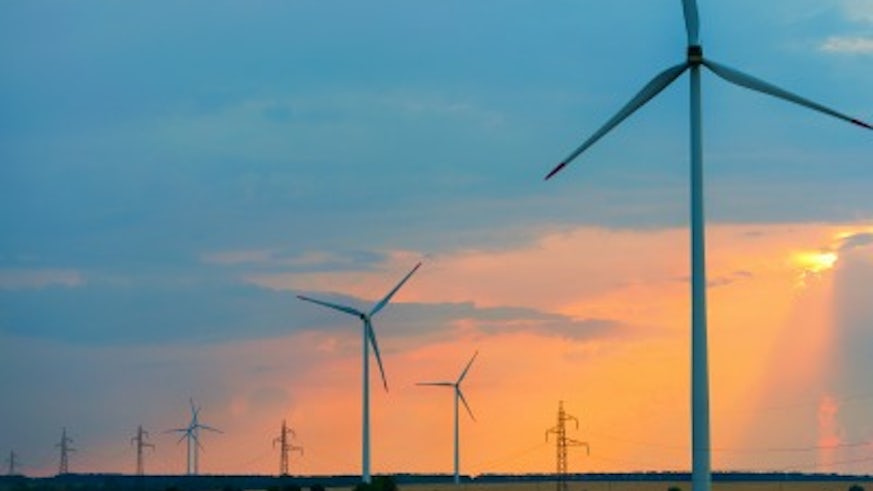Experts hold Senedd event to break the “invisible barrier” of energy use
26 September 2014

Energy experts from Cardiff University are holding a public exhibition to address concerns among the UK population about the growing cost and environmental impact of energy use.
The Sense of Energy exhibition will be on display at the Welsh Assembly Senedd Building in Cardiff Bay from 30th September until 2nd October. The event is themed on research into the way communities across the UK engage with issues of energy and environmental sustainability.
Funded by the Economic and Social Research Council (ESRC) and carried out by Cardiff University researchers in collaboration with researchers at four other UK Universities, the exhibition will reveal that:
- Although almost every aspect of modern life is dependent upon energy, the infrastructure and activities through which we use it are typically invisible and taken for granted in our everyday lives. This invisibility represents a significant barrier to changing our use of energy.
- Much of our energy use, in the home, in leisure activities, or at work helps to shape our social identities. How we currently use energy enables many things: to be who we are, to act in the world, to keep relationships, and to present ourselves to others in ways that are desirable. Shaping new identities through various community engagements with energy fosters positive change for the future.
- Innovative use of film, audio and interactive exhibits can provide a range of encounters with energy 'in the everyday' in ways that reveal both its importance and value for people, but also point to more sustainable ways of living.
Event organiser Professor Karen Henwood from Cardiff University's School of Social Sciences said: "In order to live more sustainable lives we all need to create innovative ways of overcoming our routine dependencies and emotional investments in energy use. This exhibition makes a positive contribution by both engaging people in our ongoing scientific work and promoting understanding of why things are so hard to change".